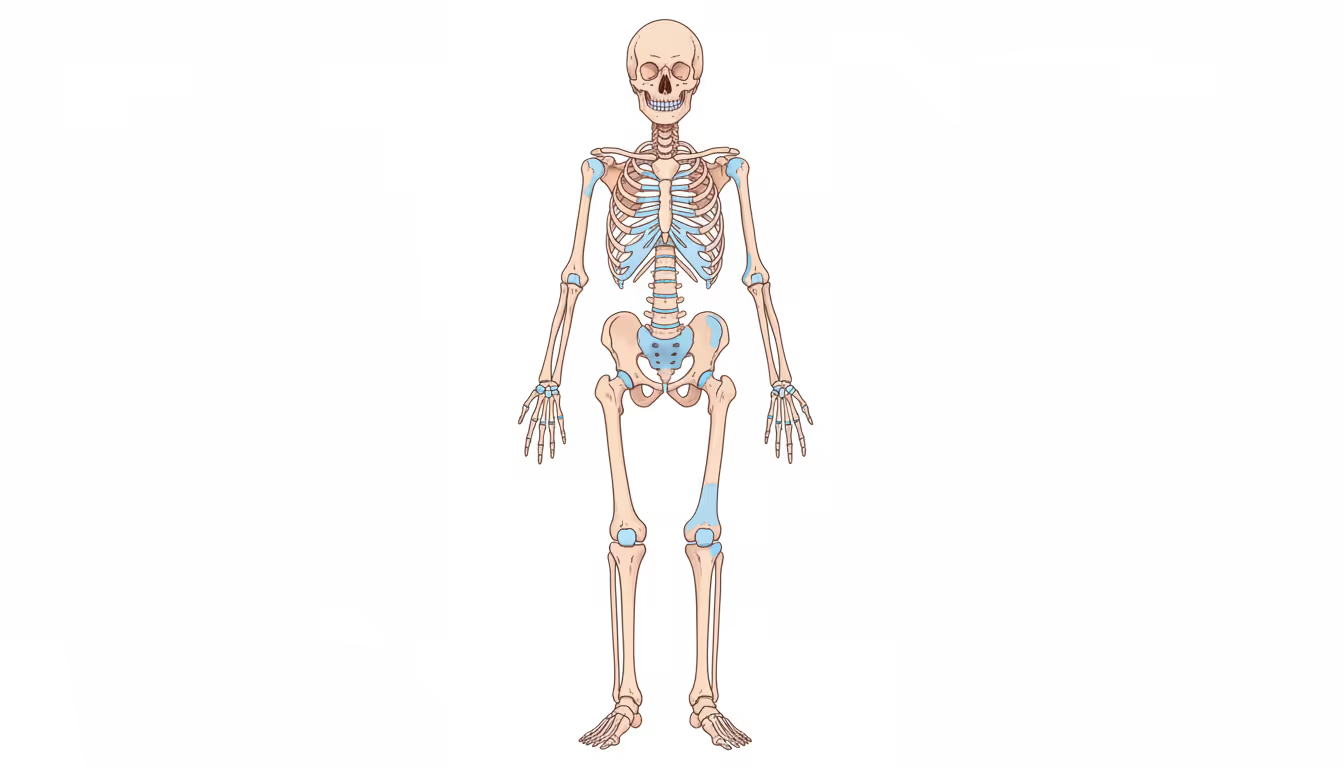
Paget's Disease:Paget's disease is a long-term condition affecting bones, often leading to their enlargement and deformation due to abnormal bone tissue breakdown and formation. This process can weaken bones, causing pain, deformities, or fractures. Named after the esteemed English surgeon Sir James Paget (1814-1899), this disease is infrequently diagnosed in individuals under 40, affecting men and women equally. As Paget's disease can be hereditary, siblings and children of those diagnosed may consider undergoing an alkaline phosphatase blood test every two to three years after turning 40 to check for the condition.Many individuals remain unaware they have Paget's disease, as mild cases often present no symptoms. When symptoms do appear, they may be mistaken for arthritis or other ailments. Common symptoms include bone pain, typically in bones near joints, headaches or hearing loss when the skull is affected, nerve pressure when it involves the skull or spine, increased head size, limb bowing, or spine curvature in advanced stages, and joint damage that can lead to arthritis.Diagnosis of Paget's disease may involve several tests, such as X-rays which reveal characteristic changes, an alkaline phosphatase test indicating elevated levels, and bone scans to assess the condition's extent and activity. Confirmatory X-rays are recommended if a bone scan suggests Paget's disease.The prognosis for Paget's disease is generally positive, especially if treatment is administered before significant bone changes occur. The condition primarily affects the spine, skull, pelvis, thighs, and lower legs. Symptoms usually develop gradually and do not spread to unaffected bones. While treatment can manage the disease and alleviate symptoms, it cannot cure it.Paget's disease can lead to other health issues, including arthritis, where leg bone bowing alters joint alignment, causing joint surface wear and tear. Hearing loss may happen if the disease affects the skull and inner ear bones, though treatment might mitigate this. In severe cases, the heart may need to work harder to supply blood to affected areas, although this rarely causes significant issues unless combined with artery hardening. Kidney stones are somewhat more common in those with Paget's disease. Nervous system complications can arise from pressure on the brain or nerves and reduced blood flow. Rarely, Paget's disease may be linked to osteosarcoma, a type of bone cancer, especially if there's a sudden increase in pain. When facial bones are involved, teeth may loosen, affecting chewing, and very rarely, vision problems may occur if the optic nerves are involved.Paget's disease is distinct from osteoporosis, although they can coexist in a person. Despite their differences, some treatments overlap, such as medications designed to control bone turnover. Treatment options include pain relievers, anti-inflammatory drugs, and medications that slow bone turnover, including calcitonin (Calcimar, Miacalcin) and bisphosphonates like etidronate (Didronel), alendronate (Fosamax), pamidronate (Aredia), tiludronate (Skelid), and risedronate (Actonel).There are three primary complications of Paget's disease where surgery might be necessary: fractures, which could heal better with surgical intervention; severe degenerative arthritis, potentially requiring joint replacement if other treatments fail; and bone deformity, where osteotomy may relieve pain in weight-bearing joints.Complications from skull or spine enlargement can impact the nervous system, but most neurological symptoms can be managed with medication rather than surgery.People with Paget's disease should consume 1000-1500 mg of calcium, ensure adequate sunlight exposure, and take at least 400 units of vitamin D daily, especially when using bisphosphonates. Those with a history of kidney stones should consult their physician about calcium and vitamin D intake. Exercise is crucial for maintaining bone health and joint mobility, but patients should discuss any exercise regimen with their doctor to avoid stress on affected bones.




